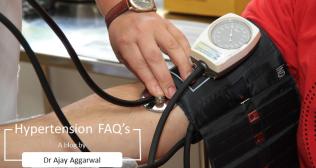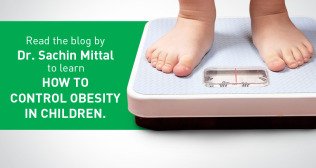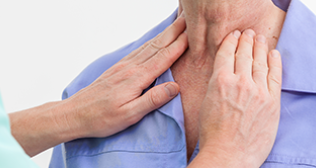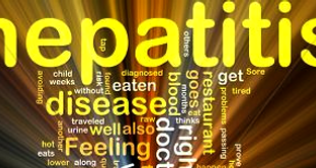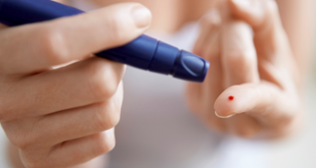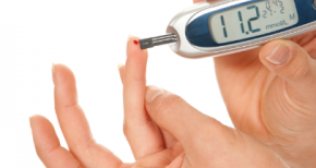
10 Tips to Manage Diabetes During Festivities
In our country with its rich cultural heritage, has many festivals beginning with Navaratri, Dussehra, Diwali, Chhath Puja, ending with Christmas. Where rituals involving fasting for varying periods are observed which becomes challenging for diabetic individuals as this leads to wide fluctuations in sugar levels, which sometimes can be dangerous especially when sugar levels drop down to below 70mg/dl.
Tips to follow to help manage diabetes during festivities are:
1. How long they can fast:
It is advised that a fasting period of 24 hours should not exceed more than 8 hours at a stretch and this should be accompanied by proper blood sugar monitoring. A complete 24-hour fasting is not advisable.
2. Choice of meals:
Sugar-laden and deep-fried foods should be avoided. Foods with GI ≤55 are considered inferior, heavy feasting can be problematic. It is better to avoid refined/processed carbs and eat less starchy foods, consumption of low-carb snacks like nuts, seeds and should be encouraged.
3. Plan Meals:
Planning the timing and quantity of meals is important keeping blood sugar fluctuations within manageable limits. Focusing on portion control is also important.
4. Exercising Regularly:
Regular exercise and activity are usually skipped or become irregular during festivals. Every diabetic should maintain regular exercise. Exercise helps in regulating the blood sugar levels during fasting.
5. Maintaining Hydration:
Diabetics are prone to severe complications if hydration is not maintained. Dehydration can manifest as fatigue and low amount of urine output. Drinking an adequate amount of water, buttermilk or coconut water can help in preventing dehydration. Adequate water intake is crucial for regulating the quantity of meals taken.
6. Medicines:
Since medications are one of the most important components for regulating blood sugar, their dose and timing if required should be readjusted as per total calorie and carb count. If the patient is on insulin the dosing and timing before meals should be adjusted as per blood glucose levels.
7. Monitoring of Diabetes:
Monitoring blood sugar regularly during fasting and 2 hours post binge meal has a very important role in adjusting the dose of medication. It also timely tells the patient about hypoglycaemia which is dangerous during prolonged fasting. Any glucometer can be used for monitoring, however, a value of 10% variation is usually there.
8. Adequate Sleep:
Sleep adequacy is important for all diabetics since it regulates appetite, mood hormones, energy. Festivals requiring awakening all night usually disturb the timing of meals and blood sugar levels. It is important to sleep for a minimum of seven hours for better sugar control. Inadequate sleep also increases blood pressure in diabetics.
9. Saying stress-free:
People with diabetes during festival times either are hyperexcited or very cautious. Hyperexcited diabetics celebrate the festival with indulgence or overindulgence. those who are cautious have very normal festival, striking balance is important to give a sense of containment in the festival.
10. Managing Complications:
It is important to avoid both Hyperglycemia and Hypoglycemia in festivals. All diabetics should carry 15-20 gms of sugar with them, in the event of the presence of hypoglycemic symptoms such as dizziness, tremors, palpitations, etc, it should be consumed immediately.
While monitoring sugars if any value of more than 250 mg/dl is found immediate medical assistance should be sought to avoid Diabetic Ketoacidosis.
Categories
Clear allMeet the doctor

- Diabetology/Endocrinology | Endocrinology
-
31 Years
-
1500







